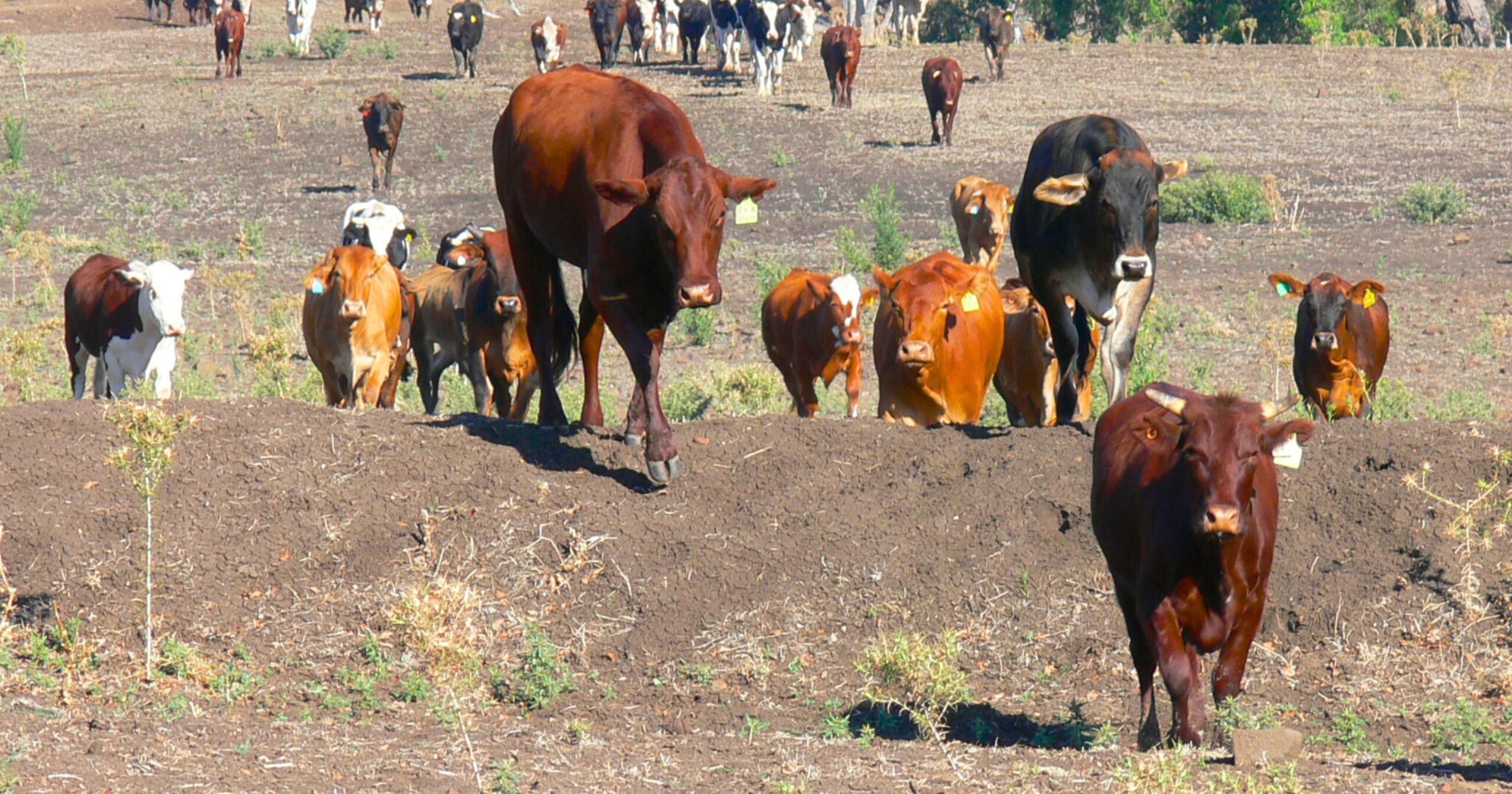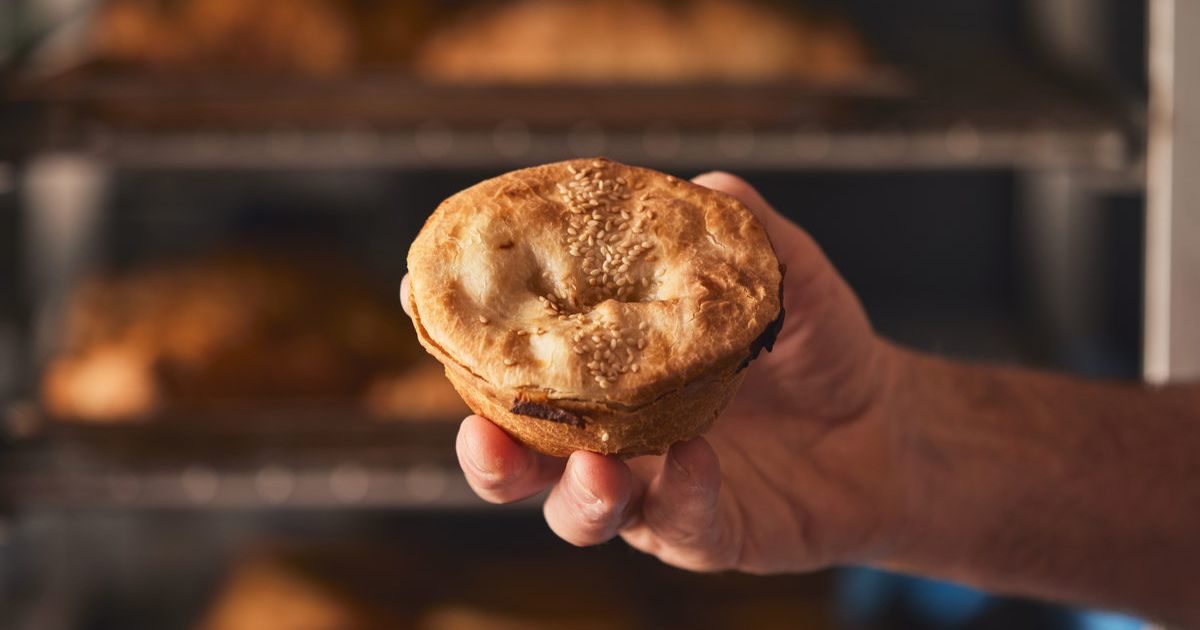STEMM women unite for climate
By Lachlan Ellis
One hundred female scientists from around the world – including two Moorabool residents – returned from a trip aboard ‘The Island Sky’ late last year, which took them on an Antarctic expedition.
Bioinformatician Marina Alexander, who lives just north of Ballan, and venture analyst Dominique Wisniewski from Bacchus Marsh, were two of the 100 women with a background in STEMM (science, technology, engineering, mathematics, and medicine) who took part in the latest Homeward Bound trip, voyaging for three weeks.
Despite the seasickness that comes with being on a ship taking on swells of up to eight metres, Dr Alexander said she’d do it all again, without a doubt.
“We’re looking to do more sustainable type work, and the trip I went on with the Homeward Bound cohort has developed a lot of collaborations and networks for improving the sustainability of our technology and how we develop it,” she told the Moorabool News.
“We had to go from Argentina, which was the closest access to the peninsula, where you can see the most wildlife. It’s challenging to go from Australia because you end up with a lot of thick ice. Flying over there took a couple of days, we then spent three days developing our values and working out a way we could all live comfortably on the ship for three weeks. We were on the ship for 21 days…we crossed the Drake Passage, which is a really high wind, high swell area.”
First setting sail in 2016, Homeward Bound is a global initiative supporting women and non-binary people from diverse cultures with a background in STEMM, who all have the goal of making the world a better place, with a more sustainable future.
Some of Dr Alexander’s fellow passengers on The Island Sky included Slovakian Michaela Musilova, an analogue astronaut who measures the effect of extreme environments on humans, and Jordanian Maya Beano, who works to make pharmaceutical goods cheaper and more accessible for countries in North Africa.
Dr Alexander said that taking in the majesty of Antarctica was a humbling experience.
“Bathing in the natural beauty of Antarctica made us acutely aware that the earth is our only home, and we need to take dramatic and immediate action to preserve it for human habitation,” she said.
“That 1100 known species, lichens, moss, elephant seals and purposing penguins can collaborate so well is awe-inspiring. It’s also our planet’s air conditioner. The ice reflects the sun’s energy back into space and seasonal changes drive ocean oxygen, nutrients and energy feeding our marine life and driving weather patterns around the globe. The cold water also acts as a carbon sink.”
Seeing the continent firsthand made learning about the impacts of global warming on Antarctica difficult – scientists at America’s Palmer Station base told the Homeward Bound women that krill has dropped there since the 1970s, impacting whales, seals, penguins, seabirds, and fish.
A so-called “calving” of the glaciers was also witnessed during one of the group’s landings, with Dr Alexander telling the Moorabool News about hearing “the thunder of the ice falling above the chattering penguins”.
Dr Alexander thanked locals for helping make the trip possible, as well as the full-time staff at Homeward Bound who work through the year to ensure everyone gets there on time.
“I couldn’t have made it to Antarctica without the generous support of the Moorabool, Ballarat and Hepburn communities. We hosted a successful Harvest Festival on our property Bolwarrah Gardens just north of Ballan and look forward to hosting more fundraising events into the future,” she said.
As for her future endeavours in science, Dr Alexander says she is hoping to mentor a younger scientist who is “passionate about preventing the spread of avian flu through fur seals in the sub-Antarctic regions such as Tasmania, the Falklands, and South Georgia Island”.



















